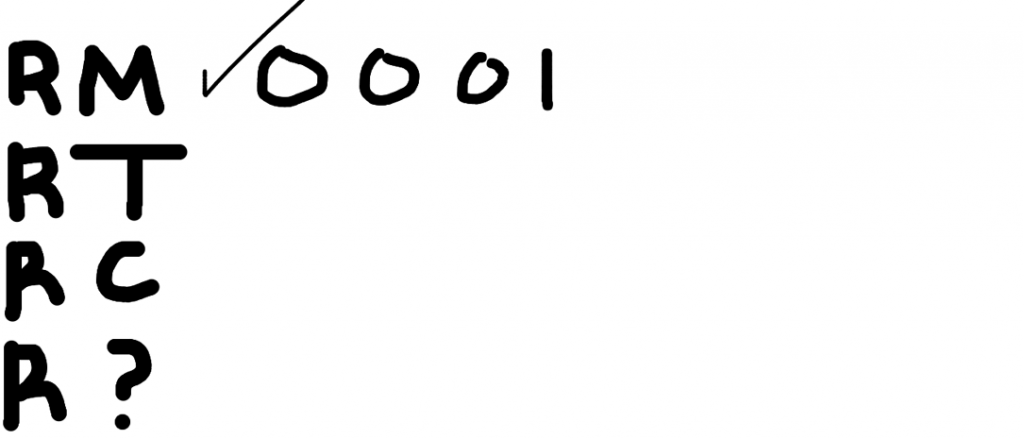An importer number–aka your business number, GST number, or ‘RM’ number–is required to import into Canada.
45 million parcels and pallets enter Canada each year, and to keep track of all that cargo, Customs uses your business number (or ‘importer number’) for identification and compliance. Simple enough! but who is the importer? When is a business number required, and who is eligible to obtain one? Please find our answers to the most common questions below:
Do you need a business number to import?
Yes, all commercial cargo imported into Canada requires a business number. Please note the CBSA’s definition of ‘commercial’ is extremely broad: anything for “commercial, institutional, or occupational use” is considered commercial. Personal orders of a high volume (e.g. 100x of the same item) or peculiar nature (industrial machinery) may also require a business number regardless of their end use.
What is the difference between a business number and an importer number?
None. The business number is the master number used by Ottawa to track Canadian business activity, and the importer number is a sub-account (business number + RM0001) that is activated when your business imports commercial goods.
Your business number -> 888888888
Your business number for importing -> 888888888RM0001
The numbers currently only start with 1, 7 or 8 and stretch to nine digits. Other sub-accounts of the business number include payroll, GST/HST, and Corporate reporting.
Why is the business number important?
As the CBSA now conducts most of its compliance checks following importation, the business number allows Customs to release cargo and audit later. As well, since verification is required to obtain an importer number, it eliminates confusion or debate about who is responsible when a Customs problem does arise.
What is a business number?
A business number is a nine-digit identification number issued by the Canada Revenue Agency to all active businesses in Canada. The number itself consists of four distinct accounts (RM0001, RT0001, RS0001 and RC0001). The business number is largely used by Ottawa and other government agencies to track business activity and is akin to a social insurance number for a company.
Who should apply for an importer number?
It is typically the buyer of the goods who is responsible for each import, unless the seller has stated that they will take responsibility for duties and taxes. In the latter case, the seller will need to register as a non-resident importer before they can complete Customs clearance for their client.
Am I eligible to obtain an importer number?
Any Canadian resident or non-resident business is eligible for an importer number.
We are not registered for GST, do we have a business number?
Yes, all registered companies in Canada are issued a business number, regardless of their GST status.
We’ve been shipping to Canada for years, why do we need a business number now?
Parcels, which are four times more common than pallets, undergo an expedited release process and due diligence is often not exercised. Many non-resident companies are active in Canada for years before their first formal release is required. If your company has never needed a Canadian business number before, this is likely why.
Need a business number?
